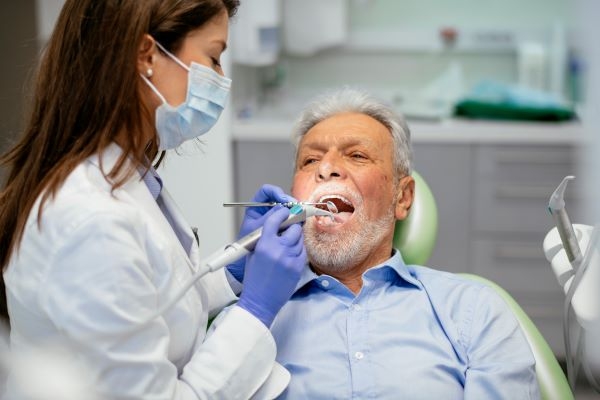-
Nobody prepares you for how tough uni can be. Between classes, studying, exams, assignments and never-ending reading, it can be really draining. This might make it hard to concentrate - or even stay awake - long enough to get everything done. Throw in having a job and a social life and it’s no surprise some people burn out. Sound familiar?
Perhaps that is why some students - and professionals - turn to illegal nootropics, or smart drugs, to help get through the daily slog. Bought through an online black market or from dealers, smart drugs promise to enhance your cognitive performance and productivity. That is, they claim to help you work harder, focus longer, sleep less, and produce more.
But do they deliver? And at what cost?
What are smart drugs?
Smart drugs are prescription medications used off-prescription by students and professionals. The two most common in Australia are Ritalin® and Modafinil®.
Ritalin® (aka methylphenidate) is a stimulant used to treat attention deficit disorder (ADD) and attention deficit hyperactivity disorder (ADHD). It affects brain chemicals and nerves responsible for hyperactivity and impulse control, and is prescribed to help increase concentration and memory.
Modafinil® (aka provigil) is also a stimulant, used medically to treat narcolepsy and other sleep-related problems. The true scope of Modafinil®’s effects on the brain is still unknown, but it’s currently prescribed to improve wakefulness and alertness.
Do they work?
The jury’s still out. There are yet to be enough sizeable long-term studies about the effects of smart drugs on non-prescription users to draw any conclusions. Their effectiveness has been overestimated and inflated, and there’s a lot of misinformation out there. Studies have shown benefits in some areas, like attention and memory, but only for specific sets of people, and often at the cost of other brain functions.
Are they safe?
In a word, no. While Ritalin® and Modafinil® are safe when prescribed and monitored by a doctor, it’s dangerous to buy them illegally and self-dose. A doctor will look at your medical and family history, and decide if you can safely take a medication, and at what dosage. Buying them illegally means you have no idea about dosage, and about the legitimacy of what you’re sold.
Plus, if you have any pre-existing conditions and already take medications, you’re putting yourself at risk of the drugs reacting. You’re also risking forming a dependence and doing damage to your brain development which can continue through to your mid-twenties.
So until there are tried, tested and safe smart drugs available, avoid them altogether.
What could happen if you take them?
There’s not much information about the side-effects of smart drugs on people without ADD, narcolepsy or other brain disorders. However, the potential known side-effects from Ritalin® include:
- Euphoria and heightened sense of well-being
- High body temperature
- Cardiovascular system failure
- Hostility or paranoia
- Irregular or increased heartbeat and palpitations
- Increased blood pressure and respiration
- Increased activity, talkativeness and alertness
- Reduced fatigue, drowsiness and appetite
- Dry mouth, dilated pupils, nausea and headaches
- Increased sex drive
- Feelings of cleverness, great competence, and power
Potential known side-effects from Modafinil® include:
- Increased alertness and focus
- Reduced fatigue
- Anxiety
- Headache
- Pins and needles
- Chest pains
- Dizziness
- Sleeplessness
- Nausea
- Nervousness
What can you do to improve concentration and productivity safely?
Studies show that regular physical exercise can improve memory and learning, and that sleep can boost cognition, particularly memory and creativity. So nap to your heart’s content!
Can smart drugs really make you smarter?

-
Do you need an electric toothbrush?
Which toothbrush scrubs up best?
-
Dietitian, nutritionist or naturopath: What’s the difference?
Who should you see for professional dietary advice?
-
5 ways to eat healthy while travelling
Come home feeling refreshed, fit and energised.
-
How often should you get your teeth cleaned?
We spoke to Medibank Members’ Choice Advantage dentist Dr Jonathan Cichero to find out.
-
Daily habits for good oral health
Do you really need to floss? Is an electric toothbrush better than a manual one? Find out which habits to make (and which ones to break) for better oral health.
-
How to conquer your fear of the dentist
Dr Merrilyn Hooley's tips for a less stressful dental appointment.
Subscribe to receive the best from Live Better every week. Healthy recipes, exercise tips and activities, offers and promotions – everything to help you eat, move and feel better.
By clicking sign up I understand and agree to Medibank's privacy policy






